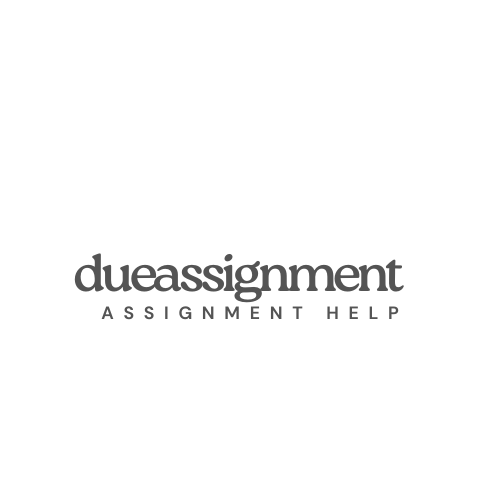SOLVED27
i need more explanation for each part of this answer: Title: Barriers to Equal Health Care for Persons with Disabilities: Ethical and Legal Issues Introduction: Equal access to healthcare is a fundamental human right. However, persons with disabilities frequently encounter various barriers that restrict their ability to receive adequate healthcare services. This essay will identify the key barriers to equal health care for persons with disabilities, analyze the ethical and legal issues associated with these barriers, and propose an ethical position with related strategies to address these difficulties. Additionally, it will evaluate the effectiveness of previous strategies, discuss the current government’s health initiatives, and assess their ethical and practical implications for the selected group. 1. Key Barriers to Equal Health Care: 1.1 Physical Inaccessibility: Persons with disabilities often face physical barriers in healthcare facilities, such as inaccessible entrances, examination tables, diagnostic equipment, and restroom facilities. These obstacles limit their ability to receive timely and appropriate care. 1.2 Communication Barriers: Many healthcare providers lack the necessary training and resources to effectively communicate with individuals who have communication disabilities. This results in inadequate information exchange, misdiagnosis, and limited access to essential healthcare services. 1.3 Discrimination and Stigmatization: Persons with disabilities frequently encounter discrimination and stigma within healthcare settings, leading to inferior treatment, neglect, and the denial of appropriate care. These negative attitudes and biases further marginalize and exacerbate health disparities for this group. 2. Ethical and Legal Issues: 2.1 Ethical Issues: The barriers mentioned above raise several ethical concerns. Denying equal health care violates the principles of justice, autonomy, and beneficence. Persons with disabilities have the right to be treated fairly, make informed decisions about their health, and receive appropriate care to achieve the best possible health outcomes. 2.2 Legal Issues: Several legal frameworks protect the rights of persons with disabilities in healthcare settings. For instance, the Americans with Disabilities Act (ADA) in the United States prohibits discrimination against individuals with disabilities in public accommodations, including healthcare facilities. Violations of these laws can result in legal consequences for healthcare providers and organizations. 3. Proposed Ethical Position and Strategies: 3.1 Ethical Position: A rights-based ethical approach, grounded in principles of justice and human dignity, should guide efforts to address barriers to equal health care for persons with disabilities. This approach recognizes the inherent worth and entitlement of every individual to healthcare services that meet their unique needs. 3.2 Strategies: a. Improve Physical Accessibility: Healthcare facilities should prioritize making physical modifications to ensure accessibility for persons with disabilities. This includes installing ramps, elevators, and accessible examination equipment. b. Enhance Communication: Healthcare providers should receive training on effective communication with individuals who have communication disabilities. The use of assistive technologies, sign language interpreters, and accessible information materials should be implemented to facilitate effective communication. c. Promote Disability Awareness and Inclusion: Public awareness campaigns and educational initiatives should be conducted to combat discrimination and stigma against persons with disabilities. Healthcare providers and staff should undergo sensitivity training to foster a more inclusive and empathetic environment. 4. Reasons for Previous Strategy Failures: Previous strategies may have failed due to various reasons, including inadequate funding, insufficient implementation,
SCIENCE
HEALTH SCIENCE
NURSING
******CLICK ORDER NOW BELOW AND OUR WRITERS WILL WRITE AN ANSWER TO THIS ASSIGNMENT OR ANY OTHER ASSIGNMENT, DISCUSSION, ESSAY, HOMEWORK OR QUESTION YOU MAY HAVE. OUR PAPERS ARE PLAGIARISM FREE*******."

